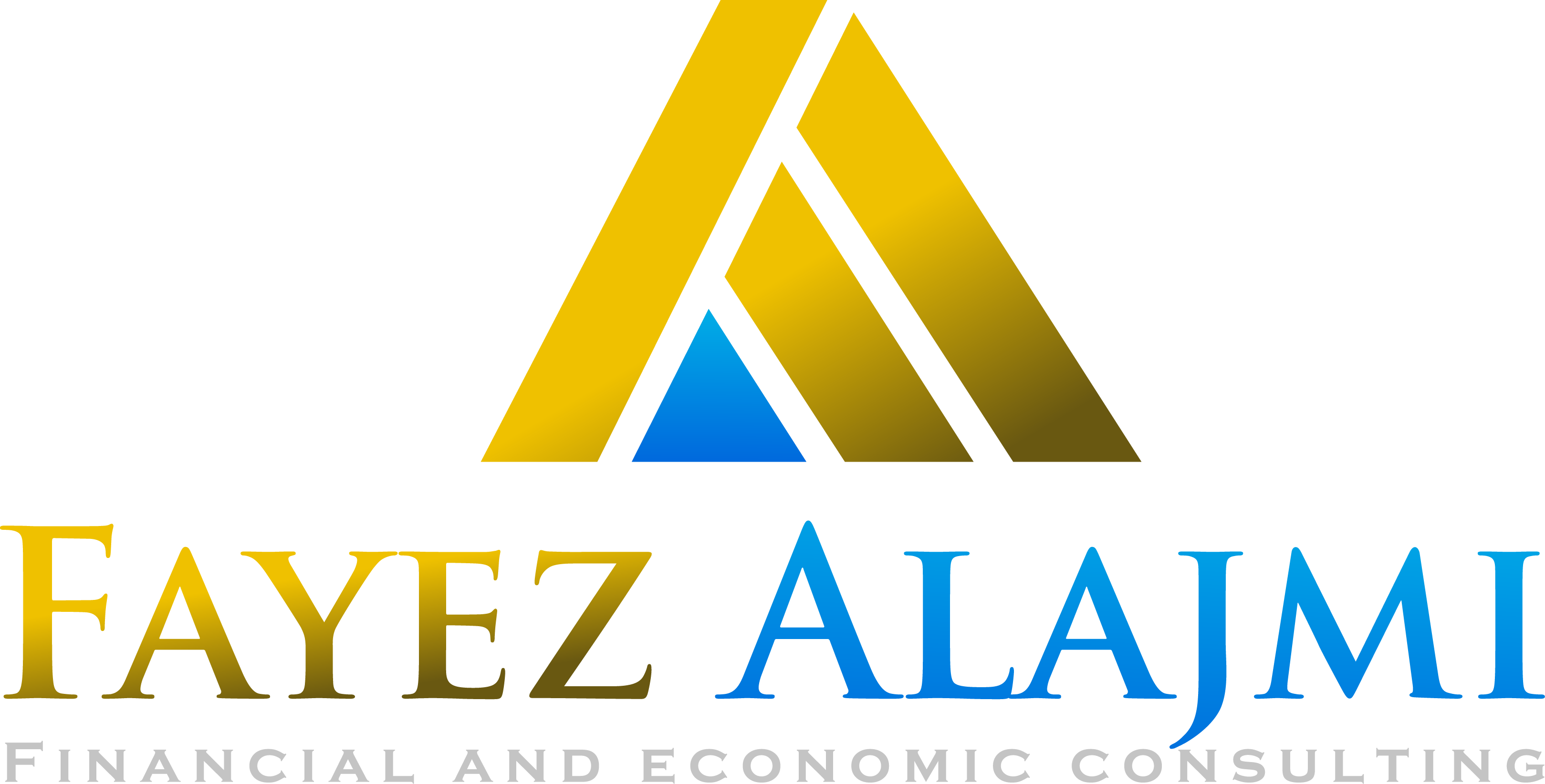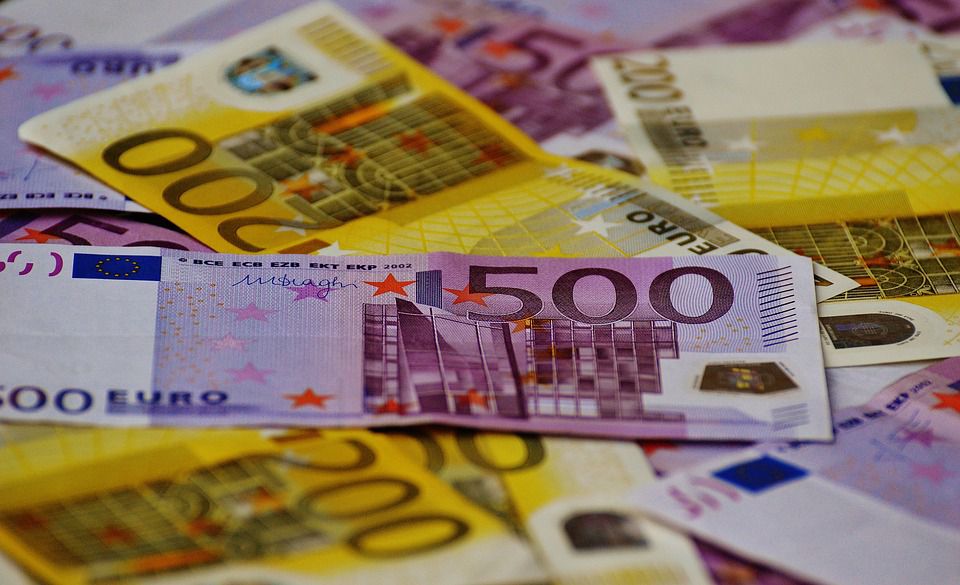
 31 May، 2022
31 May، 2022
 ابحاث السوق
ابحاث السوق
 Views
: 655
Views
: 655

Estimates by Eurostat or the Statistical Office of the European Union just before showed that annual inflation in the euro area rose to 8.1% in May in the preliminary reading, recording its highest level in history, compared to 7.4% in the April reading, exceeding expectations that indicated a growth of about 7.7%, the monthly reading The index, in turn, increased by 0.8% from 0.6%.
The largest contribution to inflation in November came from the energy sector, which rose at an annual pace estimated at 39.2% from 37.5% in April, while the food, alcohol and tobacco price index rose 7.5% on an annual basis in May from 6.3% in April.
The main index, excluding food and energy prices, rose by 3.8% in May, compared to the April reading of 3.5%, while expectations had been for an increase of 3.6%.
The data showed a rise in inflation in the largest economy in the euro zone (the German economy) yesterday, Monday, by 7.9% from 7.4% in the preliminary reading for the month of May on an annual basis, recording its highest level in half a century.
These rises will put pressure on the European Central Bank when it meets next week, especially since the Russian gas and oil crisis and its rise in prices directly affect inflation in the euro area, and therefore inflation is not expected to decline soon before the problem is resolved, as are expectations in other economies.
It is not excluded that the markets will start pricing the European Central Bank’s interest rate hike by 25 basis points and ending the quantitative easing program at its meeting in July with these rises in inflation, and therefore, attention will turn to the Bank’s meeting next week to determine the position of the members of the bank on these hikes.
The euro is trading at 1.0735 levels, on declines since the beginning of the session, affected by the rise of the US dollar by more than 0.40%.